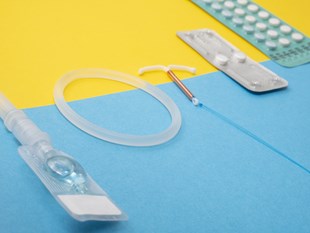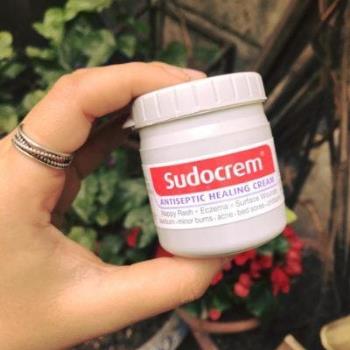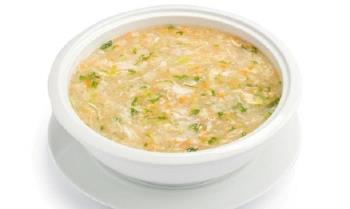Keeping cord blood is one of the scientific methods. Although the cost is quite high, this storage brings many benefits for your baby in the future.
Currently, "taking blood from umbilical cord" and "storing cord blood stem cells" are no longer foreign concepts. Many families choose to store cord blood. It's like buying a lifetime biopsy for your baby. So what are the benefits of these jobs? Does taking cord blood affect the baby?
Let's explore with WebTech360 Vietnam.
What is cord blood?
An infant's cord blood is a valuable source of stem cells. It is used a lot in the treatment of serious diseases for children and loved ones in the future. Therefore, the storage of cord blood is seen as a kind of lifelong biological insurance, a smart, wise choice, consistent with the progress of modern medicine.
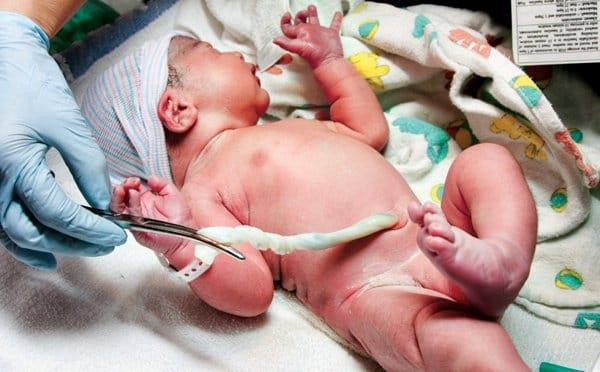
Cord blood can help your baby cure many diseases
In the past, the umbilical cord and placenta were often discarded after each delivery as medical waste. However, in reality umbilical cord blood is a rich source of hematopoietic stem cells. Current medical advances have shown that stem cells derived from cord blood can be used to treat disorders similar to hematopoietic stem cells found in bone marrow and in peripheral blood. .
What are stem cells for?
Stem cells are special types of cells. It has the ability to regenerate itself and differentiate into specialized cells. It is these features that stem cells are being researched, widely used in the treatment of genetic diseases, diseases caused by hematopoiesis, and immunological diseases.
Stem cells taken from cord blood if stored can be used to treat more than 80 conditions including leukemia, lymphoma, leukemia, myelosuppression, autoimmune disease (diabetes) or disorders. genetic disorders (such as anemia, congenital hemolysis ).
If my child has leukemia, will stem cells help with the treatment?
In fact, my disease-resistant cells cannot fight leukemia. The same is true for stem cells as well. Because when it is a genetic disorder, the stem cells have the same structure as the existing cells. In other words, it must wait for the future to see if the structure of these cells can be changed.
So keeping cord blood to cure what?
Using stem cells from cord blood in the treatment of diseases, especially serious diseases, has proven to be extremely effective. Up to now, there have been over 80 diseases that can be cured thanks to stem cells from cord blood, including many diseases of the hematopoietic system, genetic immune disorders:

Approximately 80 diseases will be treated with cord blood storage
Malignant blood diseases: Blood cancer, multiple myeloma, thalassemia.
Autoimmune diseases: Diabetes, lupus erythematosus.
- Metabolic disorder.
- Diseases related to the nervous system: Autism, cerebral palsy.
- Regenerating tissue damaged by cirrhosis, burns.
- Cartilage diseases.
In addition, in transplantation, stem cells from cord blood will reduce the risk of graft rejection compared to stem cells obtained from other sources. The dose requirement for transplantation from cord blood is also lower than from other sources.
Method of collecting stem cells from cord blood
With modern technology, the collection of stem cells from cord blood is no longer too difficult. Specifically, there will be three main methods:
Collect from peripheral blood
In normal peripheral blood there are very few hematopoietic stem cells. When it is necessary to collect, the object includes the patient taking stem cells or the donor will be given drugs to mobilize to increase the rate of stem cells in the peripheral blood.
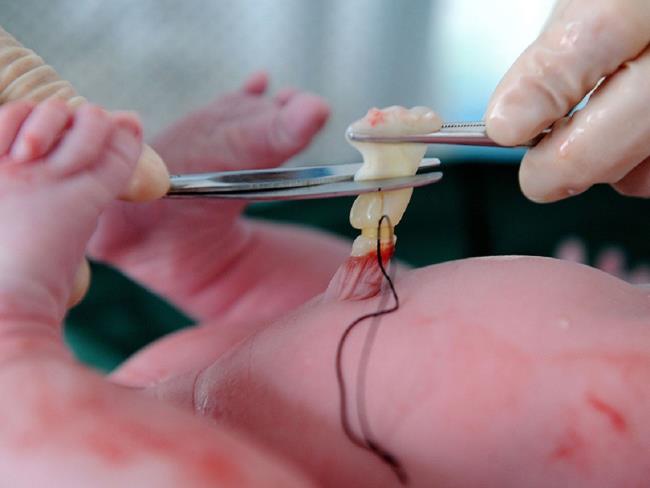
Investing in your child's future is never expensive
Then, the patient / donor proceeds to collect stem cells through an automatic cell decantation system. The patient / donor will be lying in bed, connected to an intravenous dissection system. Blood comes out of the body from one line to the machine. The machine will filter stem cells to put in a separate bag. Then, the remaining ingredients are returned to the body via another route.
This technique has very little impact on the health of the person who is separated, including pain due to lying for 3-5 hours, lowering blood calcium, bone pain due to injection mobilization ...
Collected from bone marrow
Bone marrow is the main refuge of hematopoietic stem cells, making it a very rich source of stem cells.
The patient / donor will be placed in the operating room, anesthetized and aspirated in the bone marrow in the pelvic region (usually above the buttocks). The volume of marrow fluid needed can be from 500-1000ml depending on the case. In many cases, the patient / donor will need a rehydration transfusion to compensate for the amount of fluid taken.
The main effects of this technique include pain in the puncture site, the effect of anesthetics, volume reduction, etc.
Collect umbilical cord blood
Umbilical cord blood is drawn from the veins of the umbilical cord and is abundant in stem cells. The best time to have umbilical cord blood is in the middle of childbirth, after the baby is born and cutting and clamping the umbilical cord, but the vegetable cake is still inside the mother's body.
The technician will use a needle to poke the umbilical cord vein to allow blood to enter the bag with the anticoagulant and try to get all of the blood in the umbilical cord. In case of need, can take more blood from the vegetable cake after spawning.
This technique does not affect the health of the newborn or the mother.
Is cord blood storage expensive?
Not really expensive. Cord blood retention ranges from $ 2,000 - $ 4,500 for up to 21 years. Annual fee ranges from 100 - 300 USD.
In fact, investing in your children's future is fine.
Where is a good place to store cord blood?
In the world today, there are over 400 cord blood banks established in 97 countries. In Vietnam, there are quite a few hospitals that can provide this service.
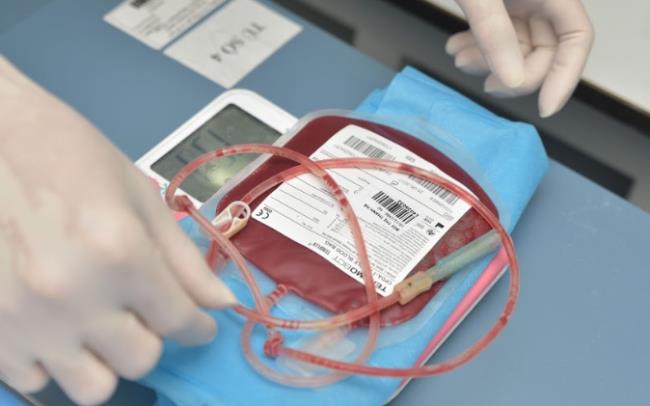
For example Vinmec, Viet Phap,…. However, the cost does not fluctuate the same. Usually, people with new conditions can use this service because the general price level is also quite high compared to the income of Vietnamese people.
Is cord blood guaranteed to be safe?
Cord blood can be said to be very difficult to store. But fortunately, with the advancement of science and medicine, this has completely compensated. This service will bring users:
- Absolutely safe, maximum storage time
Comprehensive and closed processing and storage process
- The quality of stored cord blood stem cells meets international standards
Maximum security with high-tech security system
- High applicability
Can I donate my child's stem cells?
Until now, charity work has always been appreciated. With the noble gesture of donating stem cells to the Cell Bank, you will surely bring hope to many others.
But think carefully before you act. Because, maybe you can not get it back in case of need.
Should I sign up for this service?
Actually, whether to register or not is up to parents. The author also wants to give a satisfactory answer. However, this depends on the parents' choice.

Depending on the circumstances, many families should or should not choose hosting
If you know about a family history of medical conditions related to a condition that can be treated with stem cell transplantation, cord blood could be a lifesaver for a woman or another family member.
You can consult your doctor and those around you. Save the best for your child .
Epilogue
Keeping cord blood is a good service for your baby. With the benefits that it brings, you absolutely can be assured at least until the age of 21 with the treatment of more than 80 diseases. If possible, parents should use this service for their children.
See more:
Top 6 most popular lipstick colors in Tet 2020, she should "swing the trend"!
Eight G-Spot Touching Poses that make you peak in one note
Teach your children to eat and sleep on time, no longer busy, mother is suddenly leisurely








